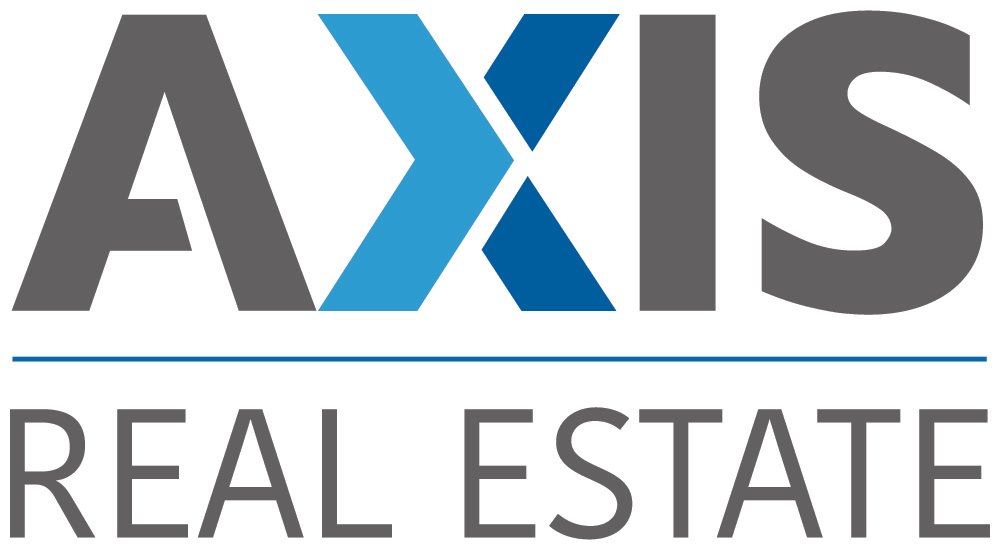Closing Costs Explained
In every real estate transaction, both buyers and sellers are responsible for certain costs. These costs are simply the various fees (e.g. taxes, commissions) paid in the process of finalizing the closing on a home. Below is a list of costs, along with explanations for each.
LIST OF COSTS:
Appraisal Fee: Fee paid to an independent appraiser.
Credit Report Fee: One-time fee to cover the cost of the credit report.
Document Preparation Fee: There may be a separate fee covering the preparation of the final legal papers.
Homeowner’s Fee: Upfront deposit or dues, fees to transfer records from seller to buyer (Transfer Fee).
Loan Discount: One-time fee to adjust the yield on the loan (often called POINTS).
Loan Origination Fee: One-time fee charged by the lender for their administrative costs.
Miscellaneous Title Charges: Title company fees for title search, title examination, document preparation, recording fees, notary fees, and closing or settlement.
PMI Premium: Depending on your down payment, there may be an upfront fee for mortgage insurance. Lenders also may require monies to be held by them in a reserve account.
Prepaid Interest: Per diem charge that varies depending on the day of the month the loan closes.
Taxes: Depending on the month the property closes; the buyer may reimburse the seller for property taxes.
Hazard Insurance: Insurance premium paid upfront; lender may require a certain amount of taxes and insurance in a reserve account. This account is held by the lender.
There are some costs that may be incurred before the closing date. For example, the buyers will pay for a credit check for the lender to determine their loan amount qualification. Additionally, an appraisal of the property must be done to determine its fair value. This appraisal fee may be paid by either buyers or the sellers as agreed upon in the sales contract. (If buying new construction, there may be an inspection fee.) There are also fees related to a title search on the property, and some buyers might decide to pay "points" to a lender at closing in exchange for a reduced interest rate.
Three days prior to the closing date, the lender sends a closing disclosure. This document provides the final details about the loan and the closing costs. At the closing, real estate professionals will help to navigate the final steps and explain all the closing costs that must be paid. The actual closing costs relevant to a transaction may vary depending on the mortgage loan type and contract agreement; however, they often include most, if not all, of the items discussed below.
Sellers Typically Pay:
- Owner's title insurance premiums, the real estate commission, and 1/2 the escrow fee.
- All loans along with any interest, fees, or penalties.
- Loan fees required by the buyers’ lender according to the contract.
- Termite repairs or treatment, a home warranty, 1/2 the recording service fees according to the contract.
- Any judgments or tax liens.
- Tax proration for unpaid and delinquent taxes.
- All homeowner's association unpaid dues and fees per the HOA addendum (if applicable).
- Any outstanding bonds or assessments according to the contract.
Buyers Generally Pay:
- Lender’s title policy premiums and 1/2 the escrow fee.
- Costs for document preparation, notary fees, and 1/2 the recording service fees.
- Two months of the homeowner's association dues upfront if applicable.
- HOA transfer fee (might be split with the sellers – if applicable)
- New loan charges except as required by the lender for the sellers to pay.
- Interest on new loan from date of funding to 30 days prior to the first payment date.
- Home warranty, hazard insurance premium for the first year, all pre-paid interest, and a termite inspection according to the contract.
